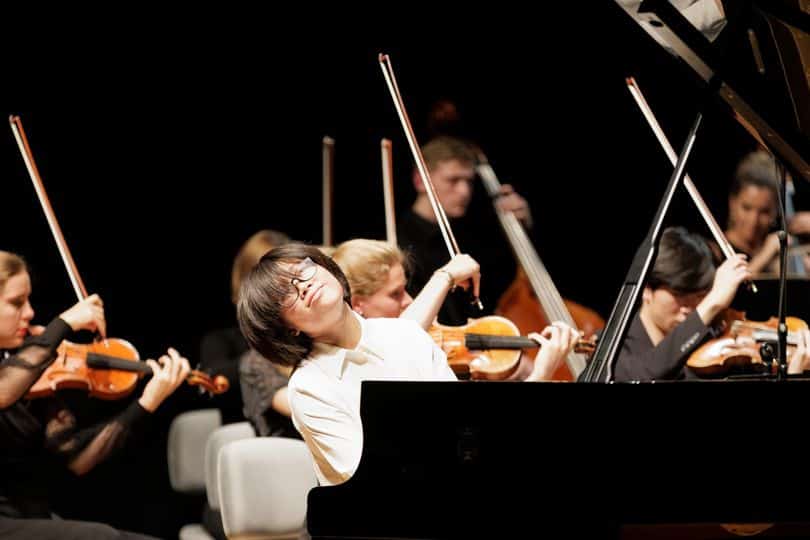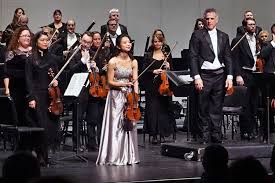London student wins International German Piano contest
NewsThe Malaysian pianist Magdalene Ho, who lives in London, has come top of the German contest.
Ho, 21, last year won the Clara Haskil. She’s a student at the Royal College of Music.

The Malaysian pianist Magdalene Ho, who lives in London, has come top of the German contest.
Ho, 21, last year won the Clara Haskil. She’s a student at the Royal College of Music.
The Southwest Florida Symphony has announced closure. FORT…

The conductor, who is suffering from the recurrence…

A GoFundMe has been raised in memory of…

The latest gimmickry at London’s South Bank Centre…

Session expired
Please log in again. The login page will open in a new tab. After logging in you can close it and return to this page.
Comments